UK’s Carbon Emissions Progress

UK’s Carbon Emissions Progress [stock image]
Introduction:
Professor Zulfiqar Khan has been working in Energy Capture, Conversion and Storage for more than a decade which has led to significant outcomes for UK industry in terms of technological innovations to meet UK net zero targets and UNSDGs by agreed deadline.
In addition, energy efficiency in interacting systems and complex machines have been at the heart of Professor Khan’s research at BU. Machines and interacting systems use lubrication and therefore sustainability context is key to be taken forward into design considerations. Both the above themes have provided a platform for interdisciplinary research in collaboration with major UK and International Industry and HEIs partners.
Professor Khan has been collaborating with Generative AI in terms of clean energy and future goals to reduce our dependency on non-renewable energy technologies. Although, unlike his longstanding industry collaboration, his GAI partnership is in its initial stages, Professor Khan believes that there are opportunities to drive clean energy research forward to realise UK targets and UNSDGs in collaboration with GAI.
The United Kingdom has embarked on a transformative journey towards sustainable energy solutions, marked by its commitment to reducing carbon emissions and aligning with the United Nations Sustainable Development Goals (SDGs). This article presents a comprehensive overview of the UK’s current state of progress in carbon emissions reduction, its contributions to the UNSDGs, and the intricate details of its energy portfolio. The following brief article is written in collaboration with Generative AI.
Progress in Carbon Emissions Reduction:
Carbon Emissions Reduction Targets:
The UK’s resolute commitment to achieve Net Zero by 2050.
Noteworthy reduction of carbon emissions by 51% since 1990 levels by the year 2019.
Renewable Energy Sources:
A remarkable 48% of electricity generated from renewable sources in 2020. Continuous expansion of wind and solar energy capacity.
Energy Efficiency:
Implementing energy-efficient measures in both industrial sectors and households.
Contributions to UN Sustainable Development Goals (SDGs):
Affordable and Clean Energy (SDG 7):
The UK’s renewable energy sector has generated over 100 TWh of electricity, making a significant contribution to SDG 7.
Industry, Innovation, and Infrastructure (SDG 9):
Substantial investments exceeding £2.5 billion have been directed towards innovative energy capture and storage technologies, fostering economic growth while minimizing environmental impact.
Climate Action (SDG 13):
The UK’s remarkable carbon emissions reduction of 51% surpasses the SDG 13 target to combat climate change.
Challenges and Areas for Improvement:
Transportation Sector:
Electrification and the promotion of alternative fuels remain pivotal for addressing emissions in the transportation sector.
Energy Storage:
Enhancing energy storage solutions is imperative to address the intermittent nature of renewable energy sources effectively.
Carbon Capture, Utilisation, and Storage (CCUS) Technologies:
The development and integration of CCUS technologies for heavy industries are crucial for reducing carbon emissions further and aligning with climate goals.
The UK’s Energy Portfolio (2020):
| Energy
Type/Technology |
Energy Output
(TWh) |
Energy Consumption
(TWh) |
| Natural Gas |
338.6 |
465.3 |
| Oil |
143.8 |
231.5 |
| Coal |
2.3 |
9.1 |
| Nuclear |
55.9 |
61.8 |
| Renewables
(Total) |
132.3 |
283.1 |
| Imports |
7.4 |
N/A (included in total) |
Market Share (2020):
Natural Gas: 38.5%
Oil: 16.4%
Coal: 0.3%
Nuclear: 7.9%Renewables (Total): 18.7%Imports: 3.6%
Interpretation:
Non-renewable sources still dominate the UK’s energy portfolio, comprising approximately 63% of energy output in 2020.
Natural gas is the largest contributor to both energy output and consumption.
The transition to renewable energy sources, particularly wind and biomass, is vital for reducing the UK’s carbon footprint.
Conclusion:
The United Kingdom’s commendable progress in carbon emissions reduction, aligned with UN SDGs, signifies a dedicated commitment to a sustainable future. While substantial headway has been made, addressing challenges in transportation, energy storage, and the integration of CCUS technologies is paramount. The UK continues to lead the path towards a low-carbon future by aligning policies with UN SDGs and promoting sustainable energy solutions.
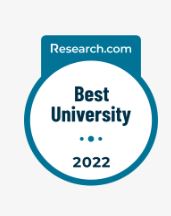
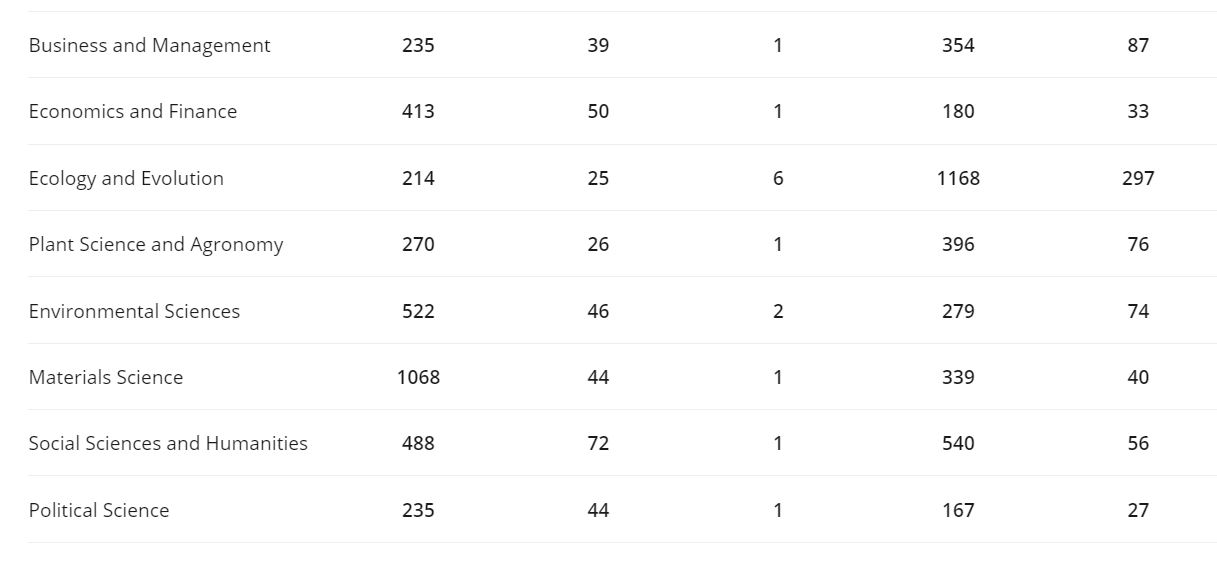
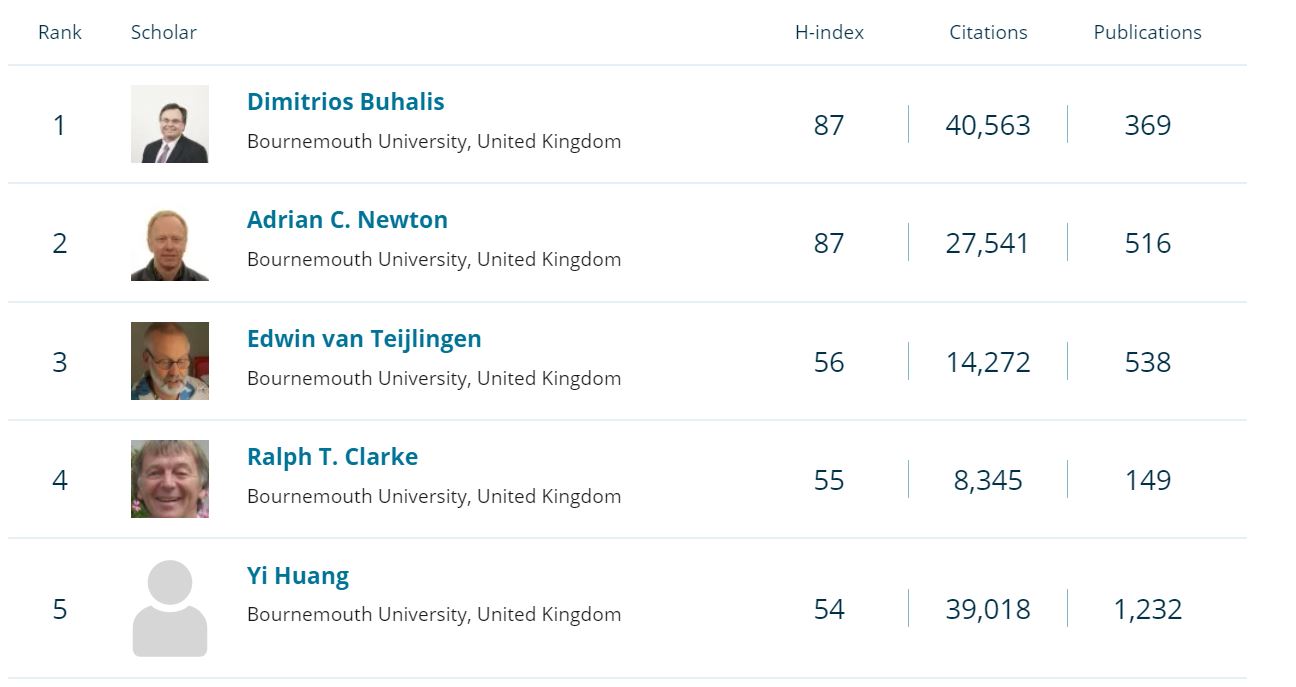
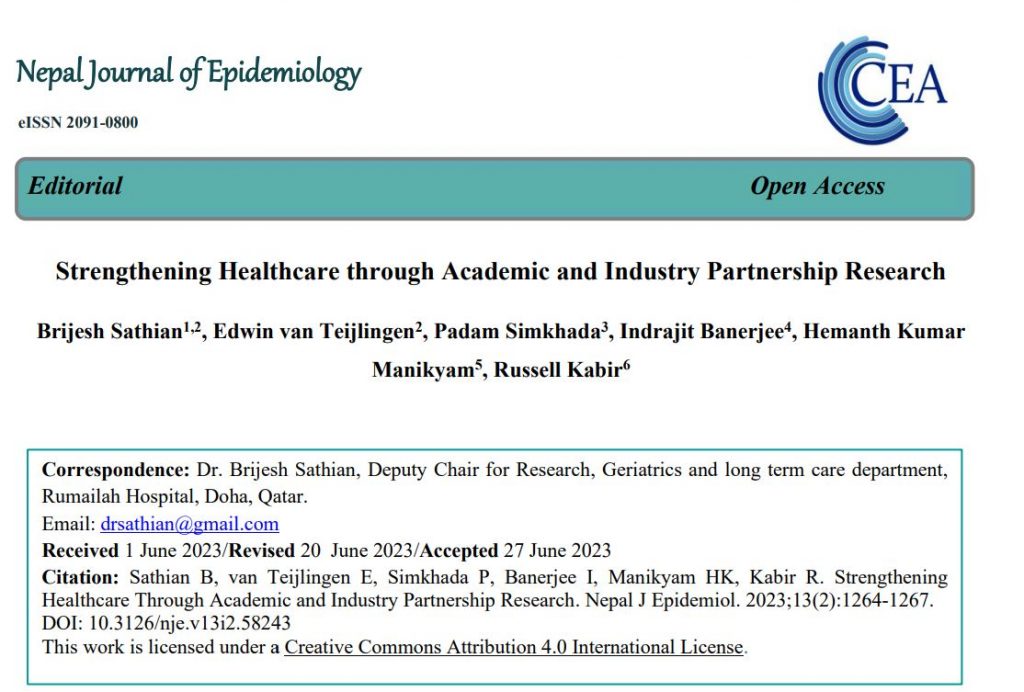
 Creating your impact development plan is a workshop for researchers at all career stages and at all stages of the project lifecycle – from formulating research questions and preparing grant applications to developing a potential impact case study.
Creating your impact development plan is a workshop for researchers at all career stages and at all stages of the project lifecycle – from formulating research questions and preparing grant applications to developing a potential impact case study.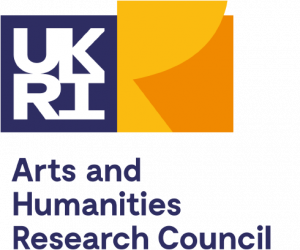


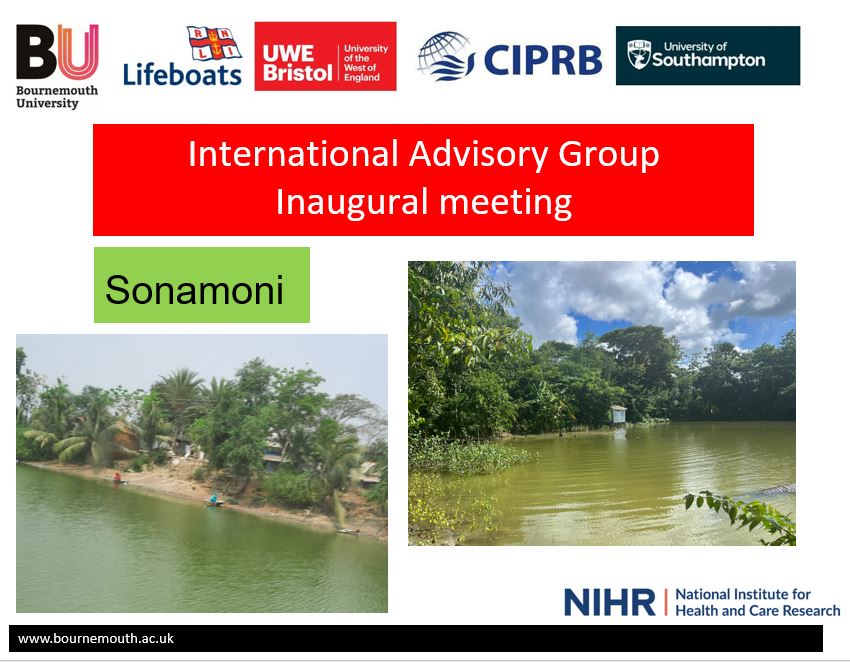


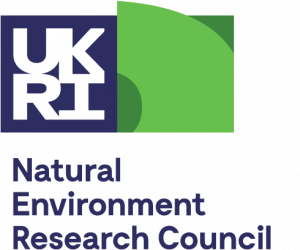 NERC Pushing the Frontiers Call – internal competition launched
NERC Pushing the Frontiers Call – internal competition launched
 Here are some great RKEDF training events coming up in September
Here are some great RKEDF training events coming up in September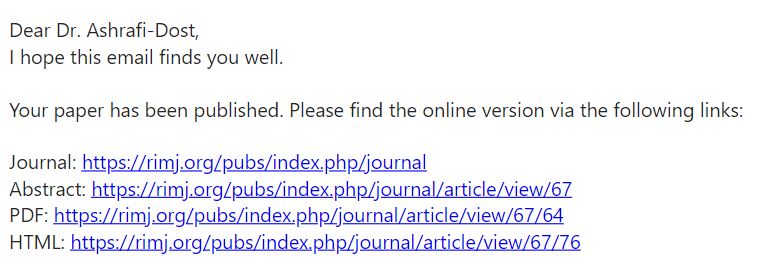
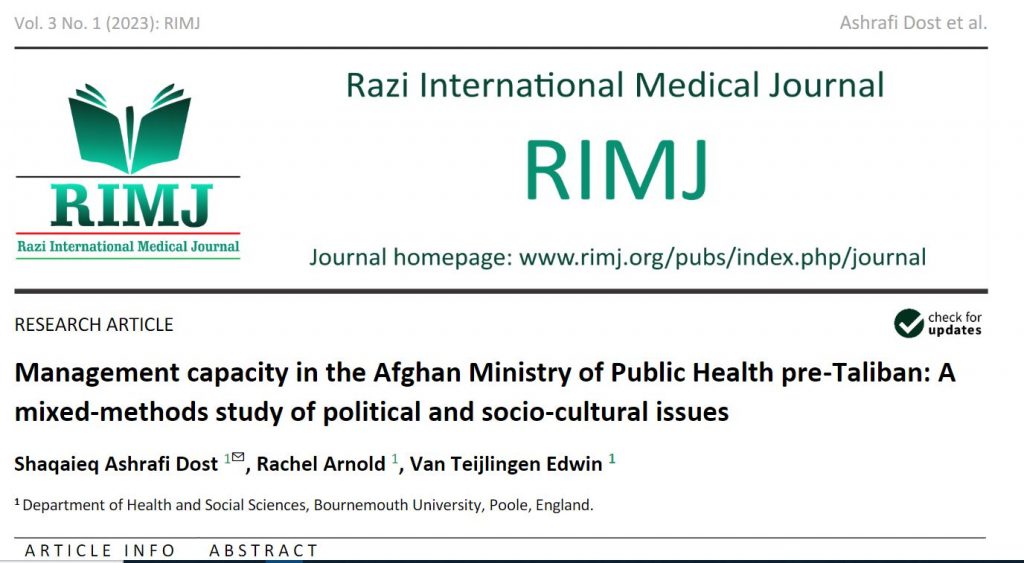


 As part of the RKEDF Impact Essentials programme, booking is now open for the Impact Essentials: creating your impact development plan 2-hour in-person workshops. There are 4 dates to choose from and they will be delivered on both Talbot and Lansdowne campuses, so hopefully there will be a date and time that is convenient for everyone who would like to attend.
As part of the RKEDF Impact Essentials programme, booking is now open for the Impact Essentials: creating your impact development plan 2-hour in-person workshops. There are 4 dates to choose from and they will be delivered on both Talbot and Lansdowne campuses, so hopefully there will be a date and time that is convenient for everyone who would like to attend.











 New CMWH paper on maternity care
New CMWH paper on maternity care From Sustainable Research to Sustainable Research Lives: Reflections from the SPROUT Network Event
From Sustainable Research to Sustainable Research Lives: Reflections from the SPROUT Network Event REF Code of Practice consultation is open!
REF Code of Practice consultation is open! ECR Funding Open Call: Research Culture & Community Grant – Apply now
ECR Funding Open Call: Research Culture & Community Grant – Apply now ECR Funding Open Call: Research Culture & Community Grant – Application Deadline Friday 12 December
ECR Funding Open Call: Research Culture & Community Grant – Application Deadline Friday 12 December MSCA Postdoctoral Fellowships 2025 Call
MSCA Postdoctoral Fellowships 2025 Call ERC Advanced Grant 2025 Webinar
ERC Advanced Grant 2025 Webinar Update on UKRO services
Update on UKRO services European research project exploring use of ‘virtual twins’ to better manage metabolic associated fatty liver disease
European research project exploring use of ‘virtual twins’ to better manage metabolic associated fatty liver disease